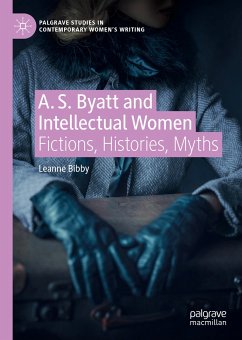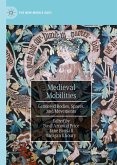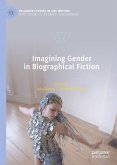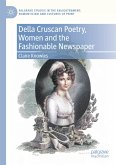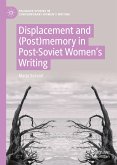This monograph is a study of the work of British author A. S. Byatt, exploring the cultural representation of the woman intellectual in her fiction. It argues that Byatt’s representations of this figure show narratives of intellectual women to be inherently mythopoeic, or capable of restructuring the myth of the intellectual as male by default. This mythopoeia is, furthermore, intrinsically feminist in function, thus potentially broadening the conventional, limited view of women in intellectual history. The book will be the first study of Byatt’s work to examine this figure in detail, and the first study of women intellectuals in historical and literary discourse to apply concepts of mythopoeia and sexual difference in ways that allow new readings of women’s status and work in public spheres.
"Bibby's book proves rewarding in its discussion of Byatt's female characters, particularly regarding their relationship with art, history, and the patriarchal tradition. There are moments of insight when she unravels the plethora of cultural theories that contribute to the making of Byatt's unique women intellectuals, whose life stories vie with those of their male counterparts for the reader's attention." (Xiuchun Zhang, Women's Studies, Vol. 52 (1), 2023)
